How Long Does It Take To Learn Seo?
If you’ve ever wondered, “How long does it take to learn SEO?” then you’re in the right place! SEO, which stands for Search Engine Optimization, is an exciting and essential skill for anyone interested in digital marketing. So, let’s dive in and explore the fascinating world of SEO learning together!
Whether you’re a budding entrepreneur, a curious student, or just someone looking to broaden their knowledge, understanding SEO can open up a world of opportunities. So, if you’re ready to embark on this journey, let’s discover just how long it takes to become an SEO expert.
Buckle up and get ready, because here’s your ultimate guide to mastering SEO and unlocking your digital potential!
Learning SEO is an ongoing process that requires time and dedication. While there’s no exact timeline, you can expect to start seeing results within a few months of consistent effort. Here are some steps to get you started:
- Understand the basics of SEO and how search engines work.
- Perform keyword research to identify relevant keywords for your website.
- Optimize your website’s on-page elements, including meta tags, URLs, and content.
- Create high-quality content that is valuable and shareable.
- Build backlinks through outreach, partnerships, and guest posting.
- Monitor your website’s performance and make adjustments as needed.
Remember, SEO is an ongoing process, so continue learning and adapting to stay ahead in the ever-changing digital landscape.
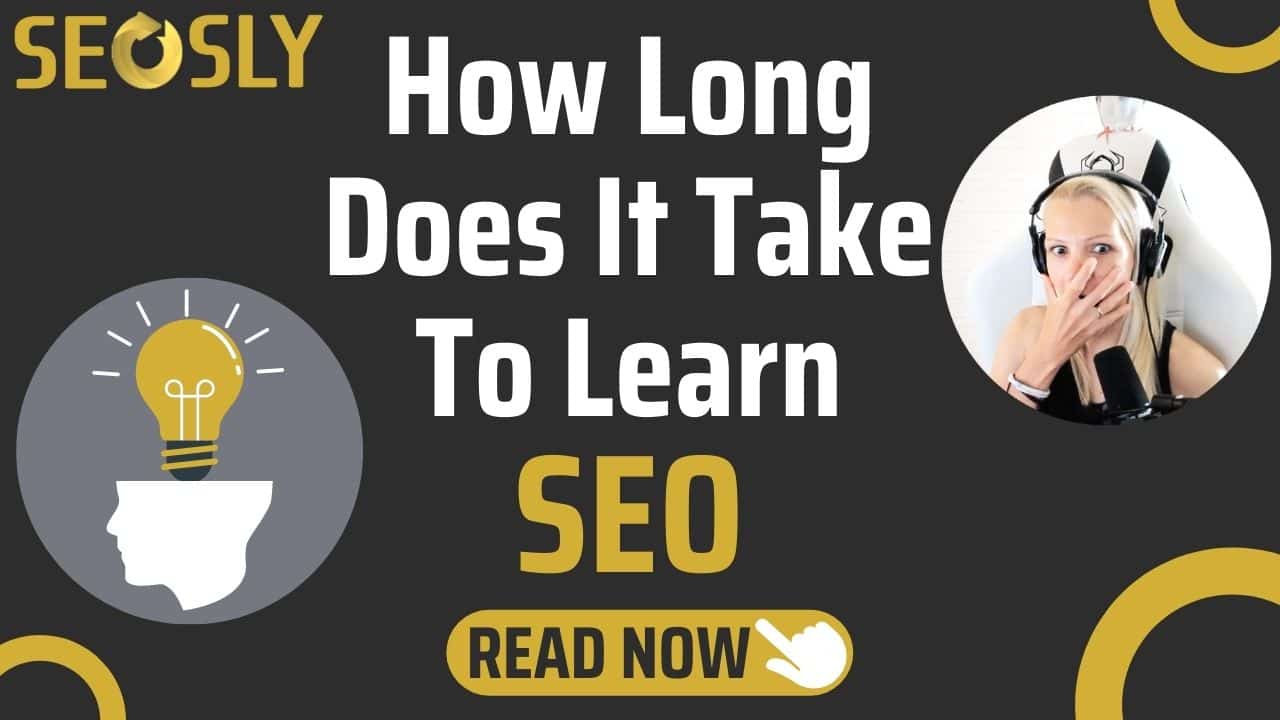
How Long Does It Take to Learn SEO?
Search Engine Optimization (SEO) is a crucial aspect of digital marketing, but many people wonder how long it takes to master this skill. The answer varies depending on several factors, including your existing knowledge, dedication to learning, and the complexity of SEO. In this article, we will explore the different stages of learning SEO, estimate the time it takes to become proficient, and provide tips to enhance your learning experience.
1. Understanding the Basics of SEO
Before diving into the intricacies of SEO, it’s essential to grasp the fundamental concepts. This stage involves familiarizing yourself with the terminology, understanding search engine algorithms, and recognizing the importance of keywords. Dedicate time to learning about on-page optimization, off-page optimization, and technical SEO. Browse through resources such as SEO blogs, watch tutorial videos, and participate in online forums. By spending about 1-2 weeks in this phase, you can establish a solid foundation in SEO.
During this initial stage, it’s beneficial to create a simple website or blog to apply your learning practically. Experiment with keyword research, meta tags, and optimizing page titles and descriptions. Practicing these techniques will help solidify your understanding of the core principles and prepare you for the next stage of learning.
Remember, learning SEO is an ongoing process, and there will always be new updates and trends to stay updated with. However, by gaining proficiency in the basics, you will have a strong base to build upon.
2. Implementing On-Page Optimization
Once you have a good grasp of the basics, it’s time to move on to implementing on-page optimization techniques. This phase involves optimizing individual web pages to improve their visibility on search engine results pages (SERPs). Start by selecting appropriate keywords for each page, ensuring they are strategically placed in the content, headings, and meta tags. Make sure the website structure is user-friendly and easy to navigate.
During this stage, dedicate around 4-6 weeks to understand and implement on-page optimization strategies effectively. Familiarize yourself with HTML tags, like title tags and meta descriptions, as well as internal linking and image optimization. Experiment by applying these techniques to your website or blog, tracking the impact they have on search engine rankings and organic traffic.
Remember that on-page optimization requires continuous testing and refinement. By monitoring the performance of your pages and adjusting your strategies accordingly, you will improve your skills and efficiency over time.
3. Mastering Off-Page Optimization and Link Building
Off-page optimization and link building play a crucial role in SEO. This stage involves building high-quality backlinks, generating social signals, and enhancing your website’s online reputation. Dedicate approximately 6-8 weeks to master the art of off-page optimization.
Learn about different link-building techniques, such as guest posting, social media engagement, and influencer outreach. Understand the importance of acquiring backlinks from reputable sites and how to avoid spammy or low-quality links. Familiarize yourself with tools that can help you analyze your backlink profile, identify opportunities for improvement, and monitor your progress.
During this phase, consider reaching out to industry experts, attending webinars, or participating in SEO networking events to expand your knowledge and build connections. By gradually implementing off-page optimization strategies and measuring their impact on your website’s authority, you will become more proficient in this aspect of SEO.
4. Keeping Up with Updates and Advancements
SEO is a dynamic field that continually evolves, with search engines introducing updates and changes to their algorithms. Once you have a strong understanding of the core principles and have implemented on-page and off-page optimization strategies successfully, it’s crucial to stay updated with the latest industry trends and advancements.
Dedicate approximately 4-6 hours per week to learning and keeping up with SEO news, following industry leaders and influencers, and participating in online communities. Subscribe to reputable SEO blogs and newsletters, attend webinars and conferences, and consider obtaining certifications to enhance your credibility.
Remember, the time it takes to become a proficient SEO practitioner varies from person to person. While the stages mentioned above provide a guideline, your progress will depend on your dedication, continuous learning, and practical application of the skills you acquire.
Additional Considerations for Learning SEO
1. Specializations within SEO
As you delve deeper into SEO, you may discover specific areas of interest or expertise. These specializations include technical SEO, content optimization, local SEO, and e-commerce SEO, among others. Consider exploring these areas to enhance your knowledge and expertise and potentially specialize in a particular aspect of SEO.
2. Tools and Resources
Utilizing the right tools and resources can significantly enhance your learning experience. Some popular SEO tools include Google Analytics, Moz, Ahrefs, SEMrush, and Yoast SEO. These tools provide valuable insights, data, and suggestions to help you optimize your website and improve your SEO strategies.
3. Continuous Learning and Adaptability
SEO is a constantly changing field, and staying up to date is crucial. Commit to continuous learning, adaptability, and experimentation. Follow reputable SEO blogs, participate in online forums, and engage with the SEO community to keep yourself informed about the latest industry trends and updates.
Important Tips for Learning SEO
1. Apply a Hands-On Approach
The best way to learn SEO is by applying the techniques you learn practically. Create a personal or mock website, experiment with different optimization strategies, and track the results. The more you practice, the better you will understand how SEO works and the impact it can have on a website’s visibility.
2. Stay Patient and Persistent
SEO is not an overnight success story. It takes time and persistence to see results. Stay patient, even when it seems like your efforts are not paying off immediately. Keep learning, adapting, and refining your strategies, and eventually, you will start seeing improvements in your website’s search engine rankings and organic traffic.
3. Network with Other SEO Professionals
Networking with other SEO professionals can provide invaluable insights, guidance, and support throughout your learning journey. Attend industry conferences, join SEO-focused online communities, and connect with professionals on social media platforms to expand your network and learn from their experiences.
Conclusion
Learning SEO is an ongoing process that requires dedication, continuous learning, and practical application. While the time it takes to become proficient in SEO varies, by following the stages outlined in this article and adopting a hands-on approach, you can accelerate your learning and enhance your SEO skills. Remember to stay updated with the latest industry trends, explore different areas of specialization, and network with other SEO professionals for a well-rounded learning experience.
Key Takeaways: How Long Does It Take to Learn SEO?
- Learning SEO takes time and dedication.
- There is no set timeline for mastering SEO, as it depends on various factors.
- Consistent practice and staying updated with industry best practices are crucial.
- Understanding the basic principles of SEO is essential before diving into advanced techniques.
- Developing a solid foundation and gaining practical experience will help in becoming proficient in SEO.
Frequently Asked Questions
Welcome to our FAQ section on the topic of learning SEO. Here, we address some common questions related to how long it takes to learn SEO and what factors can influence the learning process. Read on to find the answers you’ve been searching for.
1. How do I know how long it will take me to learn SEO?
The time it takes to learn SEO varies from person to person and depends on several factors. These factors include your prior knowledge of digital marketing, your familiarity with technical concepts, your ability to grasp new information, and the amount of time you can dedicate to learning. Generally, acquiring a solid understanding of the basics can take a few weeks or months.
However, keep in mind that SEO is an ongoing process and always evolving. It takes time and practice to become proficient. Continuous learning and staying updated with industry trends are essential for success in SEO. So, while you can learn the fundamentals relatively quickly, it’s a journey that requires ongoing commitment.
2. What resources can I use to learn SEO?
There are numerous resources available to learn SEO, catering to various learning styles. You can start by exploring online courses specifically designed for beginners. These courses often provide step-by-step guidance, practical exercises, and valuable insights from industry professionals.
Another excellent resource is SEO blogs and forums where experts and enthusiasts share their knowledge, tips, and experiences. Books on SEO can also be helpful for gaining a comprehensive understanding of the subject. Additionally, Google’s official documentation and guidelines are invaluable resources for learning SEO best practices.
3. Can I learn SEO without any technical background?
Absolutely! While having a technical background can be advantageous in understanding certain aspects of SEO, it is not a prerequisite for learning and succeeding in this field. SEO encompasses a wide range of skills, including content creation, keyword research, link building, and data analysis, all of which can be learned without a technical background.
The key is to start with the basics and gradually build your knowledge. Take advantage of beginner-friendly resources that explain SEO concepts in a simple, non-technical manner. As you progress, you can delve deeper into technical aspects when you feel comfortable doing so.
4. Is it necessary to have coding skills to excel in SEO?
Having coding skills is not a requirement for excelling in SEO. While some technical knowledge can be beneficial, particularly when it comes to website optimization and understanding HTML tags, it is not essential for achieving success in SEO. Many SEO professionals do not possess advanced coding skills and still achieve outstanding results.
Focusing on other aspects of SEO, such as keyword research, content optimization, link building, and understanding search engine algorithms, can yield significant improvements without extensive coding knowledge. However, having a basic understanding of HTML and CSS can be helpful in certain situations.
5. How can I accelerate the learning process and become proficient in SEO?
To accelerate the learning process and become proficient in SEO, consistency and practice are key. Dedicate regular time to learning and implementing SEO strategies. By working on real-life projects or building a website of your own, you can apply your knowledge and gain hands-on experience. Experiment with different techniques, monitor results, and learn from both successes and failures.
Additionally, staying up-to-date with the latest trends and algorithm updates is crucial in the rapidly changing world of SEO. Join SEO communities, participate in discussions, and read industry-leading publications. By immersing yourself in the SEO community and continuously expanding your knowledge, you can accelerate your learning curve and excel in SEO faster.
How Long Does It Take to Learn SEO? | SEO Tips
Summary
So, how long does it take to learn SEO? Well, it really depends on a few factors. Learning the basics can take a few weeks, but becoming an expert might take months or even years. Practice and staying up-to-date are key to mastering SEO. Remember, it’s not a sprint, but a marathon.
The good news is that you can start learning SEO at any age. It’s important to be patient with yourself and take it step by step. Don’t get overwhelmed by all the information out there. With dedication and persistence, you can become a SEO whiz!
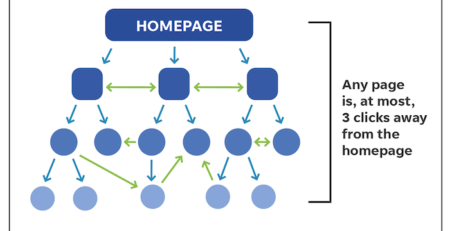

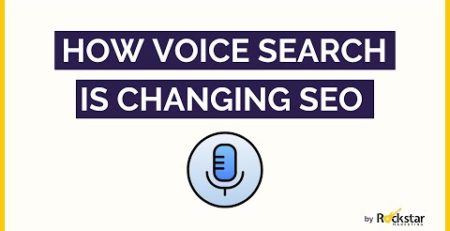
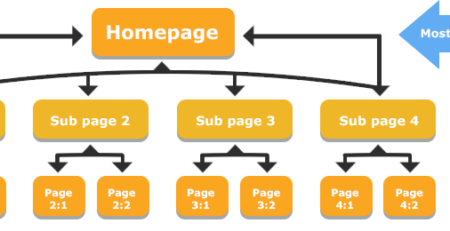


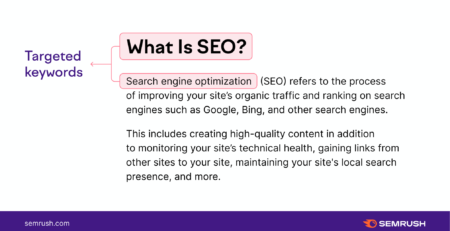

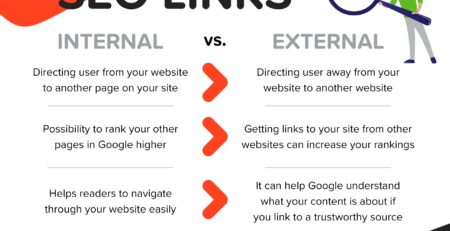

Leave a Reply